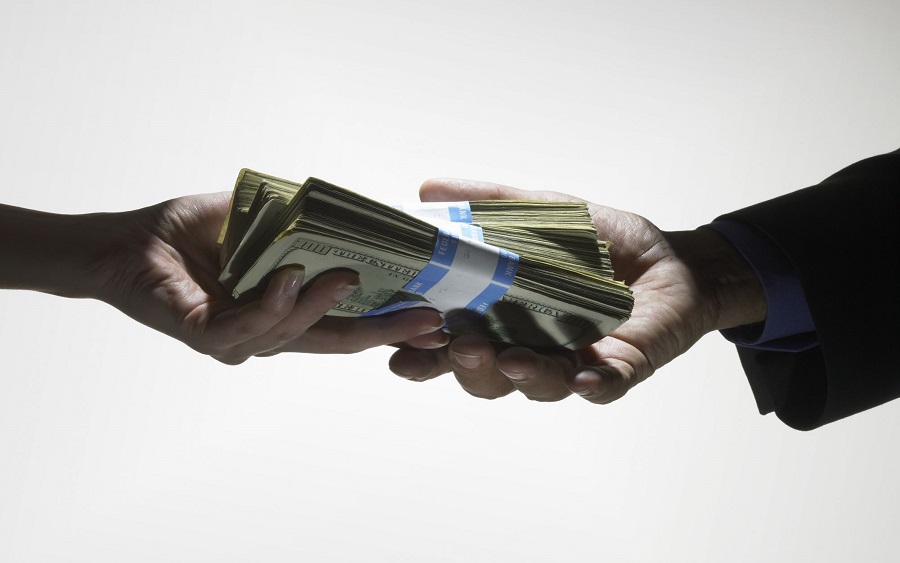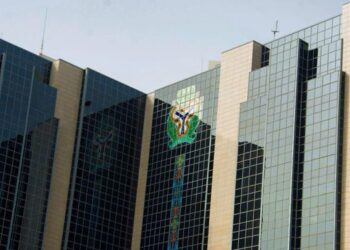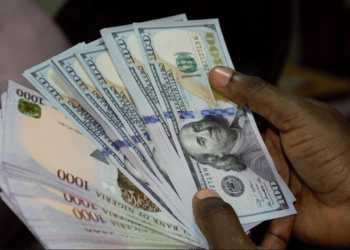Research from the National Longitudinal Phone Survey (NLPS), titled ‘COVID-19 Impact Monitoring’, which was conducted by the National Bureau of Statistics (NBS) has revealed that only 9% of Nigerian households obtained loans from banks and microfinance institutions between March to August 2020.
According to the survey, loans taken since mid-March have been predominately informal in nature, with over 55% obtained from friends or relatives. In addition, loans obtained from formal sources were lower with only 9% of respondents obtaining loans from banks and microfinance institutions, while a further 16% of the respondents obtained loans from cooperatives and savings associations.
READ: Sterling Bank extends loans to non-customers, targets N40 billion
Why this matters
The pandemic affected the livelihoods of Nigerian households, forcing many to take out loans, in order to meet their current obligations. Corroborating this fact, a part of the recently released NBS survey read thus;
“About 1 in 4 households were already indebted prior to the pandemic, while nearly one third have taken out new loans since the onset of the pandemic. Poorer households were more likely than richer households to have loans taken before the start of the pandemic, that they were still repaying. However, the opposite occurs with new loans; with households in the higher quintiles being more likely to have taken new loans than poorer households. This shows that the pandemic has impacted the finances (and livelihoods) of households across the whole income distribution, and not only the most vulnerable.”
READ: Mysterious Bitcoin whale moves 15,022 BTCs worth $162 million
In light of this reality and accompanying the harsh economic consequences of the pandemic, CBN introduced some measures as a way of palliative targeted to households and firms, like the N50 billion COVID-19 credit facility for households and MSMEs. Therefore, the recent survey indicates barriers faced by Nigerian households to obtain formal loans in the face of the crisis, indicating that this might have turned households to friends and relatives for loans.
(READ MORE: What Nigerian banks consider before granting personal loans)
Breakdown
The breakdown of the survey showed that 55.6% of the respondent households obtained loans from family, friends, and relatives; 16.2% from cooperatives and savings association; 9.0% from banks and microfinance institutions; 6.8% from women group/association; and 17.8% from others.
READ: Nigeria attracts more Bitcoin interest than any country globally
The breakdown is depicted by the chart below;
 Source: Nairametrics’ computation from NBS statistics.
Source: Nairametrics’ computation from NBS statistics.
Purpose of loan
Just like what was obtainable before the pandemic, new loans were obtained for self-sustenance and business purposes such as paying for foods, farm, and non-farm business inputs, etc. However, there is some sharp contrast as regards the purposes for which the loans were taken prior to, and during the pandemic. Buttressing this point is a part of the survey that read thus;
“About 51% of households that obtained loans after the pandemic began, used these loans for purchasing food, compared with 41% of households with existing loans, indicating that loans taken since the start of the pandemic were used to sustain households’ basic needs. There is no difference in the share of loans taken to pay for health expenses when comparing loans taken before and after the pandemic, but the share of loans being used for education expenses was substantially reduced, either due to the timing of the survey (at the end of the school year) or due to most schools being closed, as part of the mitigation efforts by the government. A substantial share of households with both new and existing loans are concerned about repayment, with more than 70% of households reporting that they are either very worried or somewhat worried about being able to repay their loans.”



















Thanks for this opportunity it will be very difficult to pay the loan back because government make it difficult for cash crop farmers to uptine the loan the original farmer does not have the requirements that government need therefore it is only arcedemic farmer or pretend farmer that can be able to uptine the loan therefore the money will not be used for the purpose.therefore it will lead to increased in the price of food and commodities.therfore if government can be be able to get to real farmers the problem will be solved.i am a cash crop farmer and I have been tiring for years it did not work
I always borrow from friends and neighbour to do my business, but since this pandemic has started, only fewer of them could afford to help me out, now I don’t have a dime to do the business and as a mother I find it difficult to feed my children. I registered for covid19 loan since June and I’m yet to get response from them, I don’t know what is taking them so long. If they don’t want to give us the money then should let us know and we will forget about them, because I have never in my life benefited from the govt. I learnt that CBN gave the biggest part of the money to big businesses, forgetting about we that we are still struggling to make it. This is unfair!